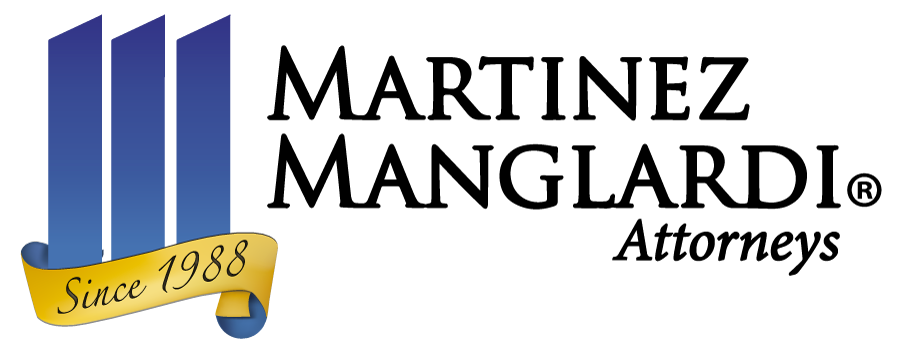Glossary of Car Accidents Law Terms “P”
A B C D E F G H I J K L M N O P Q R S T U V W X Y Z #
P
Parties: Persons, corporations, or associations, who have commenced a law suit or who are defendants.
Personal Auto Policy: The most common auto insurance policy sold today. Often referred to as “PAP,” this policy provides coverage for liability, medical payments, uninsured/under insured motorist coverage, and physical damage protection.
Personal Injury Protection: Personal Injury Protection (PIP) usually includes benefits for medical expenses, loss of income from work, essential services, accidental death, funeral expenses, and survivor benefits.
Petition: Written application to a court requesting a remedy available under law.
Petition for review: A document filed in the state Supreme Court asking for a review of a decision made by the Court of Appeals.
Perjury: Making intentionally false statements under oath. Perjury is a criminal offense.
Physical Damage: Damage to your covered vehicle from perils including (but not limited to) collision or upset with another vehicle object, fire, vandalism and theft.
Plaintiff: The party who begins an action; the party who complains or sues in an action and is named as such in the court’s records. Also called a petitioner.
Plea: A defendant’s official statement of “guilty” or “not guilty” to the charge(s) made against him.
Pleadings: Formal, written allegations by the parties of their respective claims.
Policy: The written documents of a contract for insurance between the insurance company and the insured. Such documents include forms, endorsements, riders and attachments.
Polling the jury: A practice whereby the jurors are asked individually whether they agreed, and still agree, with the verdict.
Precedent: Previously decided case which is recognized as an authority for determining future cases.
Preponderance of evidence: The general standard of proof in civil cases. The weight of evidence presented by one side is more convincing to the trier of facts than the evidence presented by the opposing side.
Presiding judge: Chief or administrative judge of a court.
Proceeding: Any hearing or court appearance related to the adjudication of a case.

